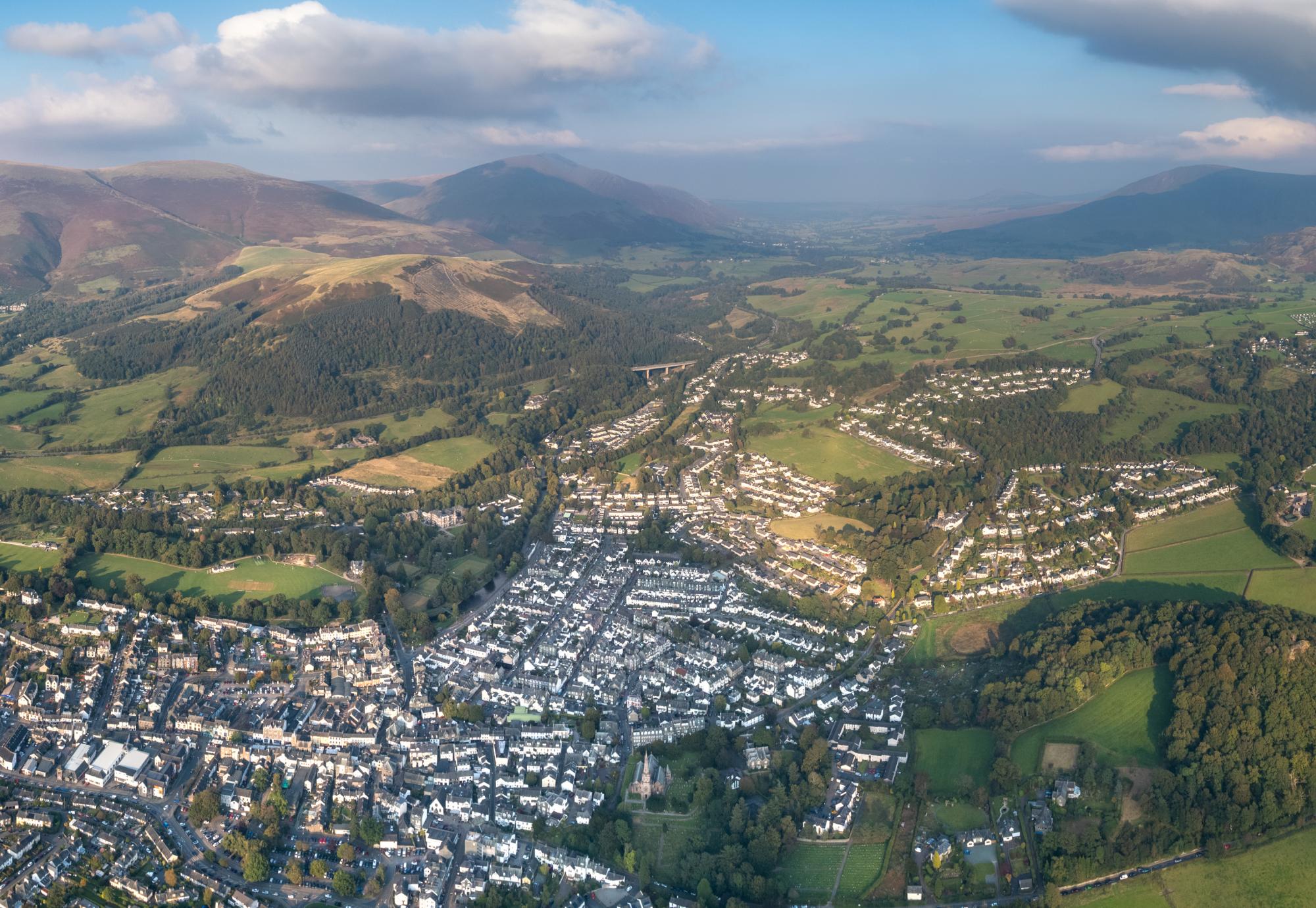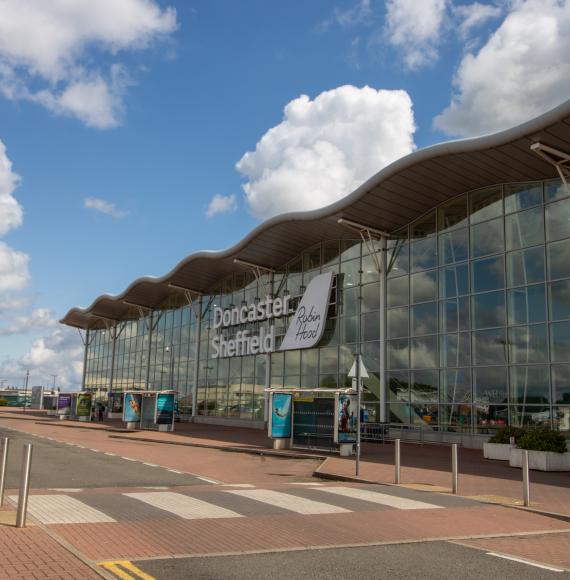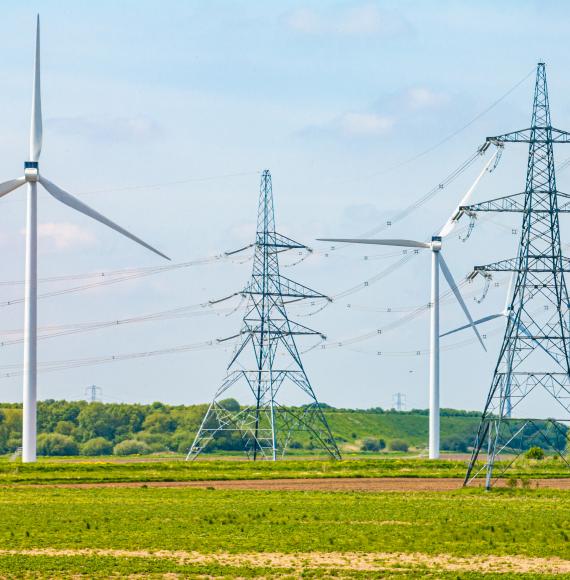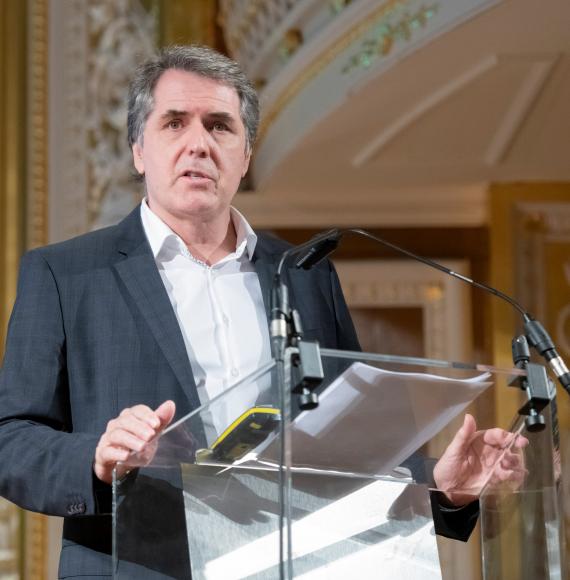Westmorland and Furness Council is inviting local businesses, community groups, charities and schools to share their views on a potential new Circular Economy Hub for the area.
This initiative is part of the council's ongoing efforts, supported by Innovate UK’s Pathfinder funding, to explore innovative solutions for achieving rural net zero.
The concept of a circular economy focuses on keeping products and materials in use for as long as possible through repair, reuse, recycling, and composting.
A circular economy or resource exchange hub would be an online platform where organisations such as businesses, schools, community groups, charities, and public sector entities can buy, sell, donate, or trade surplus materials or by-products.
Examples of potential exchanges include a manufacturer donating unused wood pallets, a café purchasing second-hand furniture, or organisations sharing workshop space or transportation resources. By facilitating these exchanges, the hub would aim to turn waste into resources, reducing costs and environmental impact.
Potential benefits of a Circular Economy Hub include:
- Lower waste management costs for businesses and organisations;
- Improved collaboration across sectors;
- Streamlined processes for donating or selling surplus materials;
- Reduced waste sent to landfills;
- Contribution to Cumbria’s ambitious net zero goal by 2037.
The council is exploring if there is a need for a circular economy hub in Westmorland and Furness, and by working with partners, if the council is well placed to help develop this hub.
Before looking into a funding application to develop a hub, the council is seeking feedback from the community to identify key priorities and ensure the platform would meet local needs.
Councillor Giles Archibald, Westmorland and Furness Council Cabinet Member for Climate, Biodiversity and Environmental Services, said:
“Exploring the potential for a Circular Economy Hub is an exciting and innovative step toward creating a more sustainable future. This hub could help reduce waste, save costs, and strengthen collaboration between partners and local organisations, all while supporting our shared ambition of achieving net zero by 2037.
“We want to ensure any funding application reflects the needs of our community which is why it’s so important that people take part in the survey and share their views on how a hub could benefit their community or organisation. Your input will help guide a funding application and potentially shape the future of this initiative.”
Over 40 local stakeholders from the public, private and third sectors were involved in an earlier feasibility study funded by Innovate UK. They identified barriers to net zero and co-designed complementary initiatives to overcome them, one being a Circular Economy Hub.
Using the pathfinder follow-up funding received from Innovate UK, the council has undertaken further research and engagement with the Chamber of Commerce, Cumbria Sustainability Network, Cumbria Action for Sustainability, Innovate UK’s technical partners (City Science and Bankers without Boundaries), local businesses and Cumbria Tourism to identify the need and potential for a circular economy hub to address rural net zero challenges.
Image credit: iStock



















